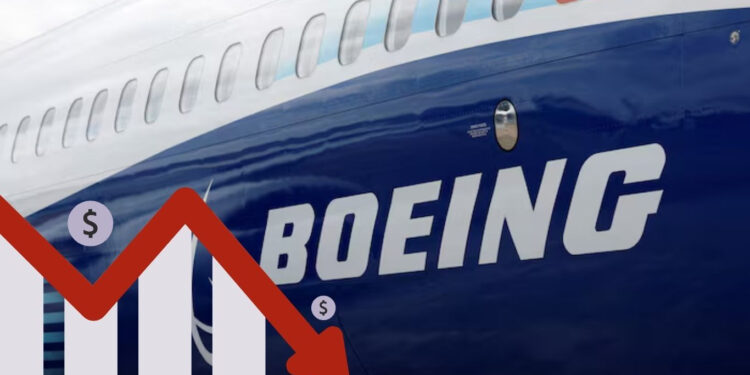Boeing’s stock plunged 4.2% on Thursday after a tragic crash involving an Air India 787-8 Dreamliner near Ahmedabad, just minutes after takeoff.
The crash claimed the lives of 241 out of 242 passengers and crew, making it one of the worst aviation disasters in recent history.
According to Reuters, shares of Boeing’s key suppliers were also affected:
-
Spirit AeroSystems, which supplies aircraft structures, fell nearly 2%
-
GE Aerospace, which manufactures the Dreamliner’s engines, also dropped by 2%
The accident has sent shockwaves through the aviation industry, especially ahead of next week’s Paris Air Show, where Boeing was expected to showcase its latest offerings. The timing of the crash, coupled with Boeing’s recent history of safety concerns—including issues with the 737 MAX and 787 production delays—has raised further questions about the company’s aircraft reliability and regulatory oversight.
The aircraft involved in the crash was over 11 years old, first flown in late 2013 and delivered to Air India in January 2014. According to aviation data firm Cirium, the jet had logged over 41,000 flight hours, with 58 flights in May 2025 alone.
This tragedy marks the first-ever fatal crash of a Boeing 787 Dreamliner, previously considered one of the safest widebody jets in commercial service. The aircraft model was grounded globally in 2013 due to battery overheating incidents, though no injuries were reported at the time.
Both Air India and Boeing have pledged full cooperation with the ongoing investigation. Preliminary findings are expected in the coming weeks, with black box recovery underway.
Global aviation experts and regulators are now watching closely, as scrutiny over Boeing’s manufacturing and maintenance standards intensifies once again.





























